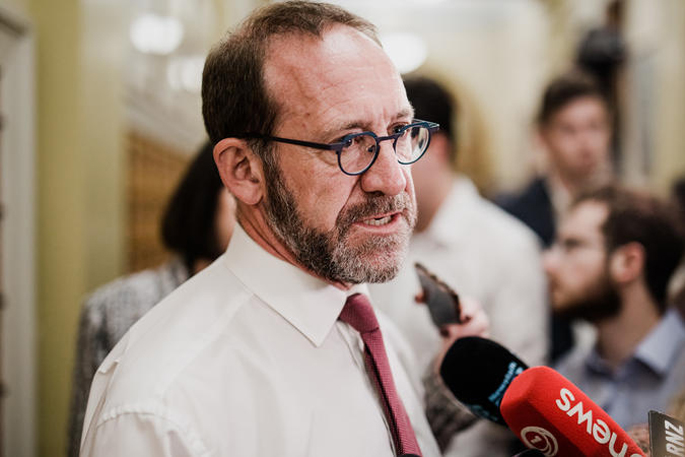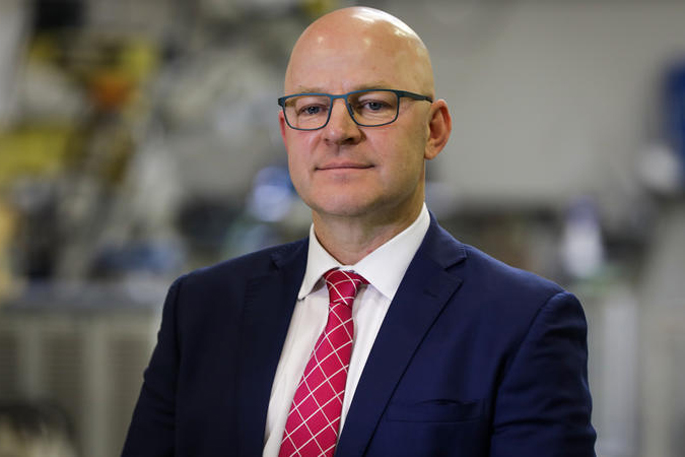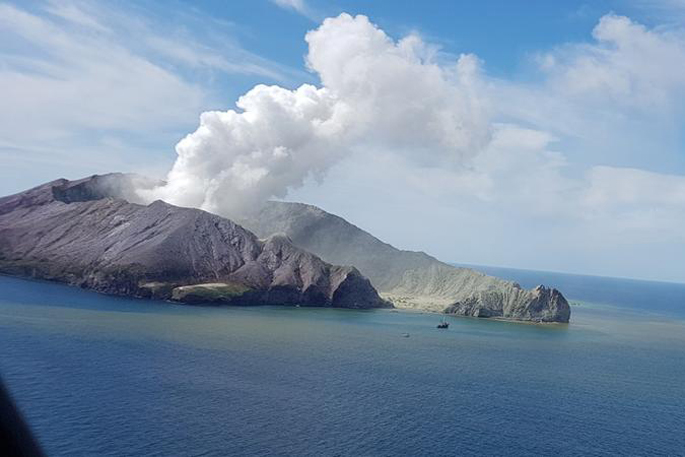A Whakatāne therapist says the Whakaari eruption and Christchurch mosque shooting reveal a health system unable to deal with mass casualty events.
This comes amid calls for millions of dollars of promised mental health funding to be urgently re-routed to the Bay of Plenty and Canterbury.
Irene Begg, a trauma counsellor based near Whakatāne, was involved in the mental health response to the Whakaari eruption and the Christchurch mosque shooting.
She says the same problems of people suffering from vicarious trauma, struggling access to access funded mental health support, have cropped up in both tragedies, while hospital workers and emergency service staff cam access counselling through their employer.
ACC only covers work-related mental injury and mental injury that was the result of a physical injury. Extended family members are not covered for funded counselling.
Irene believes the mental health system needs to be better prepared for traumatic events in the future, such as ACC widening its eligibility criteria so families are included.
"The likes of ACC should come to the party and at least offer 10 [counselling] sessions for people involved in such incidents or natural disasters where loved ones have been killed, and they have been affected by this."
In the 2019 budget, the government dedicated $455m for a frontline mental health service to be rolled out across the country over five years.
Health Minister Andrew Little previously said that it was unfortunate this had not yet reached the Bay of Plenty.
 Health minister Andrew Little previously said it was unfortunate the frontline mental health service had not been rolled out quicker in the Bay of Plenty. Photo: RNZ / Nate McKinnon.
Health minister Andrew Little previously said it was unfortunate the frontline mental health service had not been rolled out quicker in the Bay of Plenty. Photo: RNZ / Nate McKinnon.
But Irene says there is no indication on when this will be available in the region.
"It's all very vague. The government says it's going to roll out this and that, but we haven't seen it in the provinces."
Whakatāne psychologist Veerle Poels believes this additional support should be first made available in priority areas where traumatic events have occurred first, like Christchurch and the Bay of Plenty.
She says it is a "no-brainer" to roll out it out there, so people in need had easier access to mental health professionals.
National Party's mental health spokesperson Matt Doocey says the Whakaari and Christchurch tragedies highlighted the lack of mental health support available for some people.
He says out of the $455m of funding the government had earmarked for the frontline service, only $56 million has been spent, and the service has been rolled out to just 11 per cent of GP services.
 National Party's mental health spokesperson Matt Doocey. Photo: RNZ / Nate McKinnon.
National Party's mental health spokesperson Matt Doocey. Photo: RNZ / Nate McKinnon.
Doocey says the frontline service should be urgently rolled out to priority areas, such as the Bay of Plenty.
Bay of Plenty District Health Board chief executive Pete Chandler says in a statement the DHB has not received any updates on the additional mental health service and when it might be rolled out to the area.
He says he did not expect to hear about it until later in January, due to the Christmas period shutdown.
"We will however be raising this topic at our regular DHB performance review with the Ministry, so that we are actively tracking progress on it."
Pete says a new psycho-social support co-ordinator started at the DHB in late December last year and at this stage, no additional funding for local community support has been deemed necessary.
"With the proximity of Christmas to Whakaari it is more likely that any notable increase in demand would be seen during January and, as such, we will be looking carefully at this data once we receive it."
The Ministry of Health spokesperson says in a statement COVID-19 impacted on the roll-out of the programme during 2020.
The spokesperson says the prioritisation of funding was based on the readiness of the DHBs, primary health care and NGO providers in the area to provide the new services.
The $455m of funding is allocated across four years, with the amount of funding available for investment increasing each year. Over the first two years of the programme to 30 June 2021, $145m is available for investment.
"While, approximately $56.4 million has been spent to date, an additional $41 million has been committed in contract, and the remainder is forecast to be committed or spent by the end of the financial year."
The spokesperson says the frontline service is being progressively rolled out across the country, with services available at more than 100 GP sites across 15 DHBs and more than 47,000 sessions have been delivered to date.
The spokesperson says the delivery of the service through GPs is one aspect of a wider roll out.
The next round of funding, including for the Bay of Plenty, will be in July this year.
Duty Minister Peeni Henare, the Ministry of Business, Innovation and Employment - which advises on ACC policy - and the Canterbury DHB have been contacted for comment.



1 comment
More Labour spin
Posted on 14-01-2021 23:56 | By Johnney
Typically they make big announcements on big budgets then fail to deliver. We need the money and services now, not in 5 years time.
Leave a Comment
You must be logged in to make a comment.